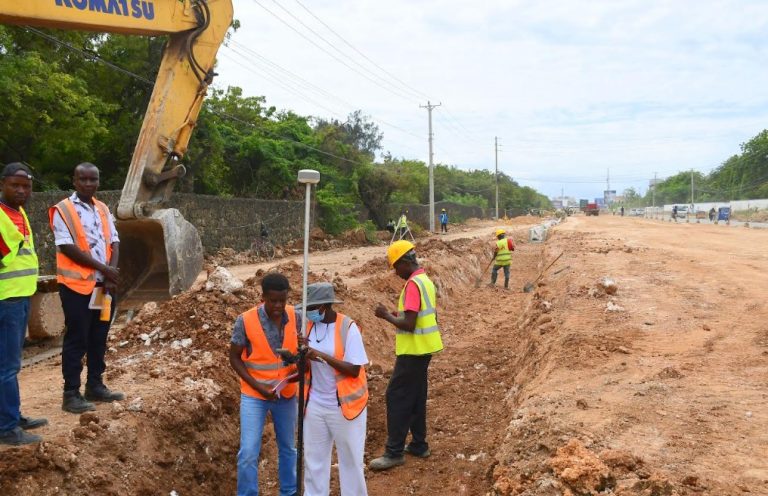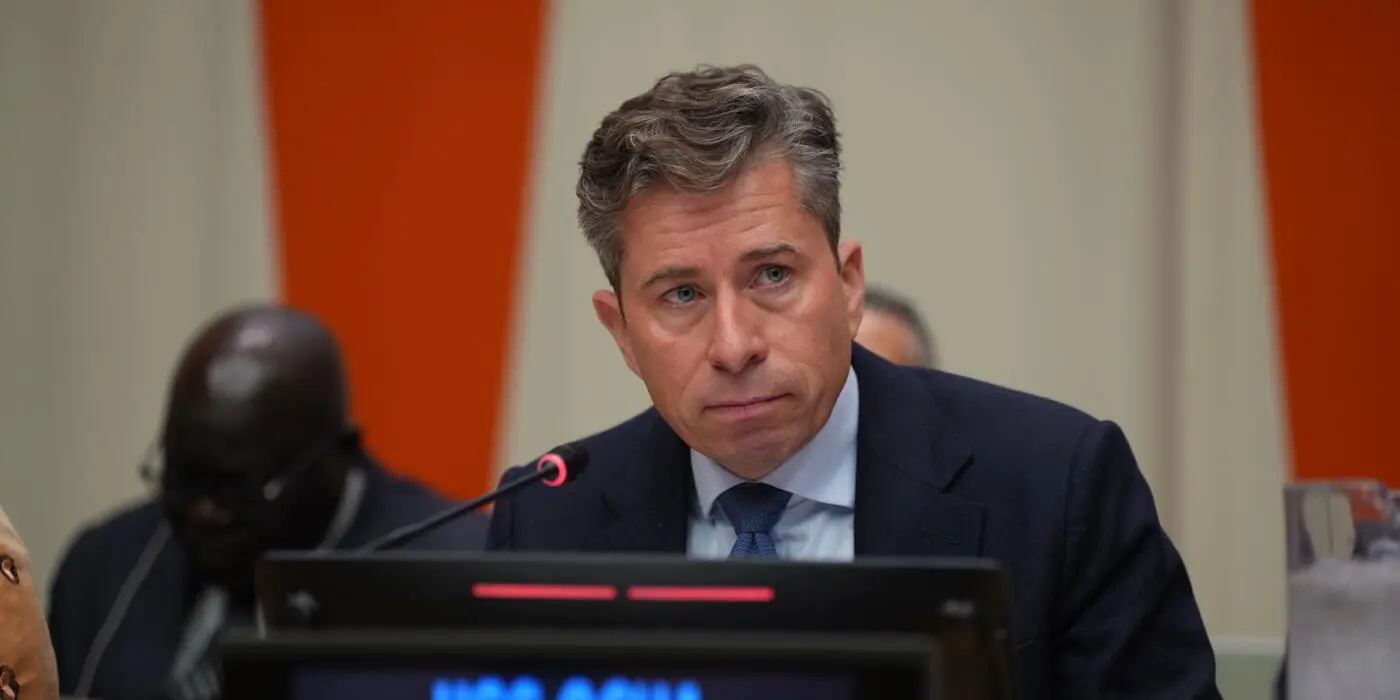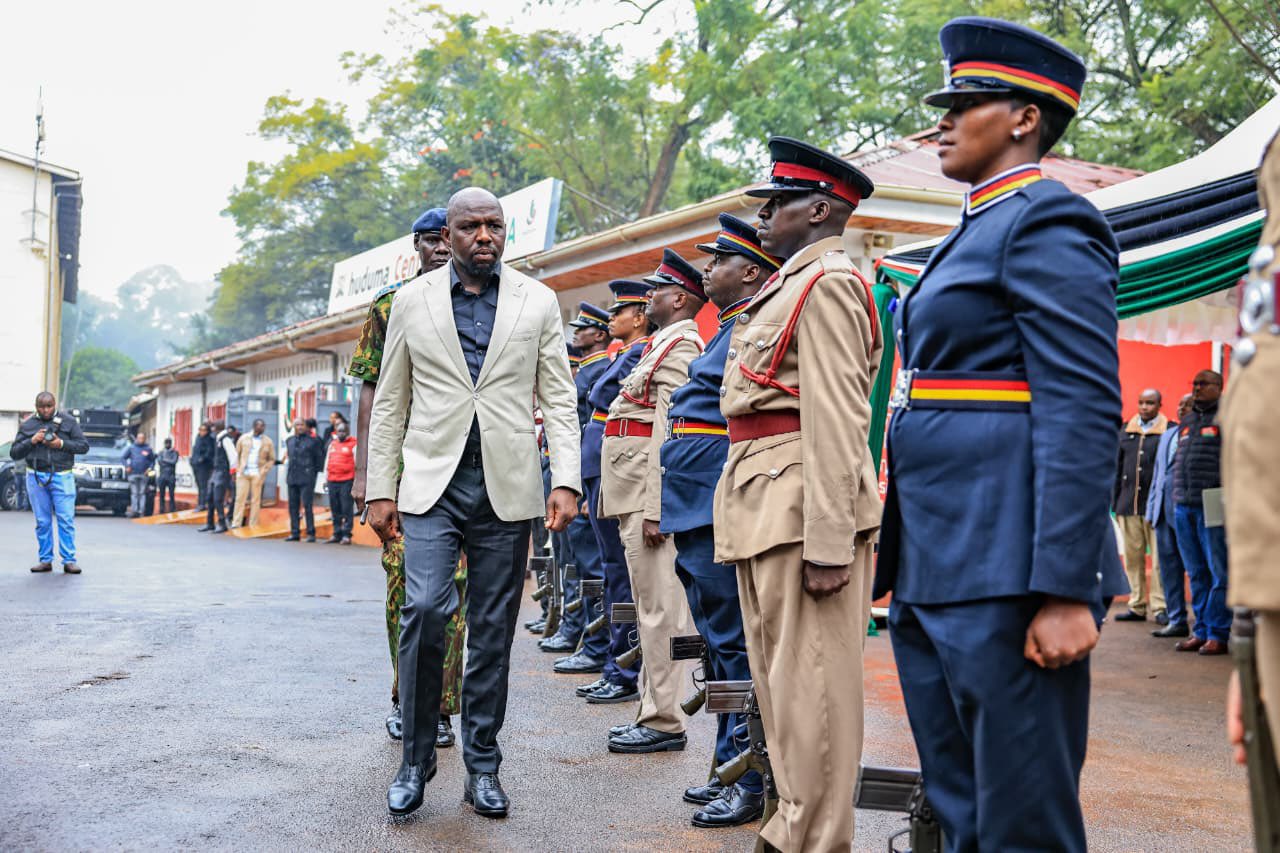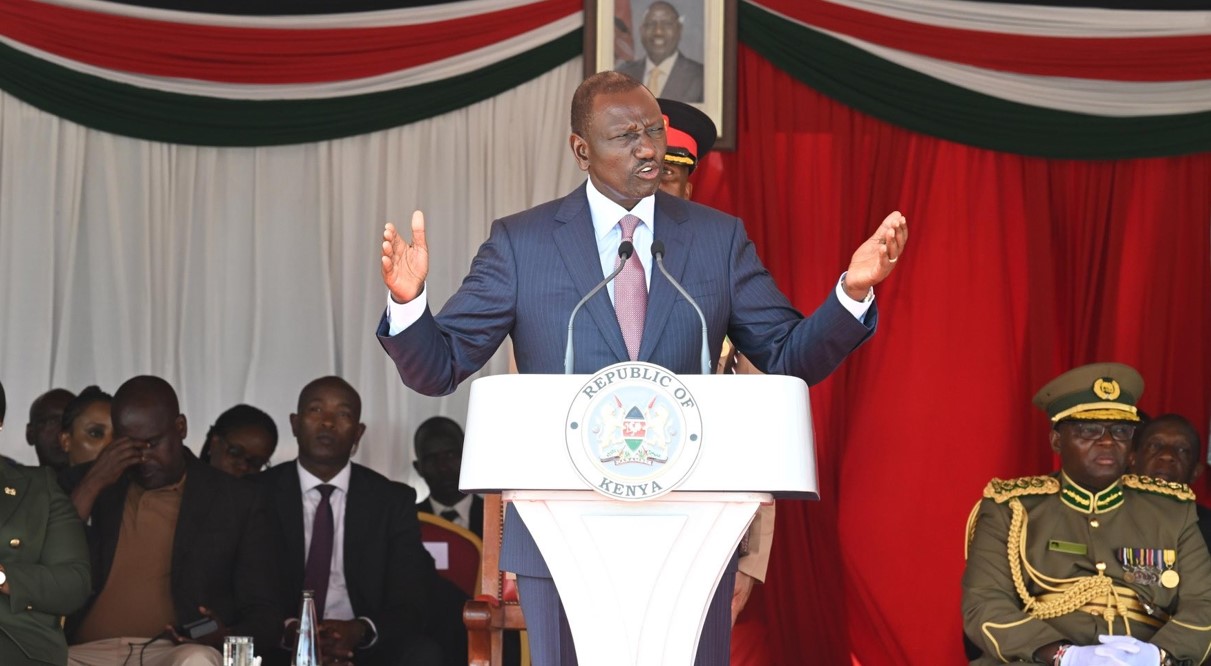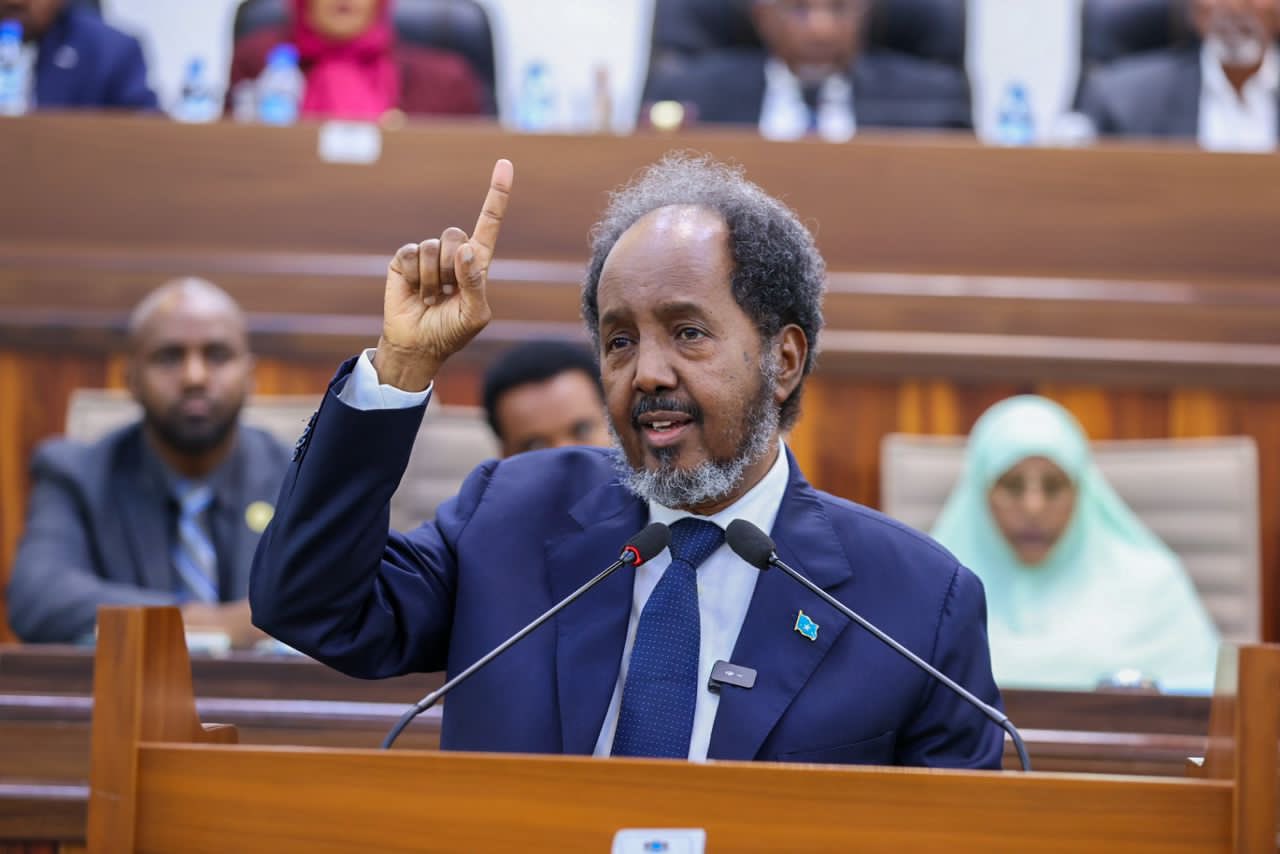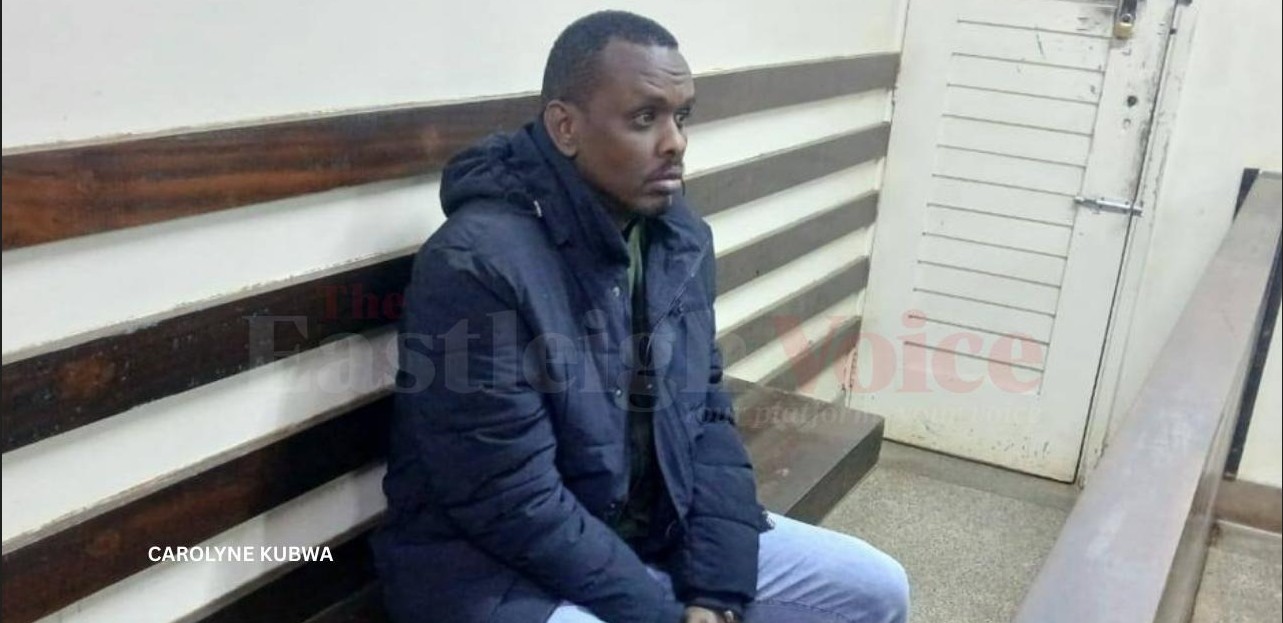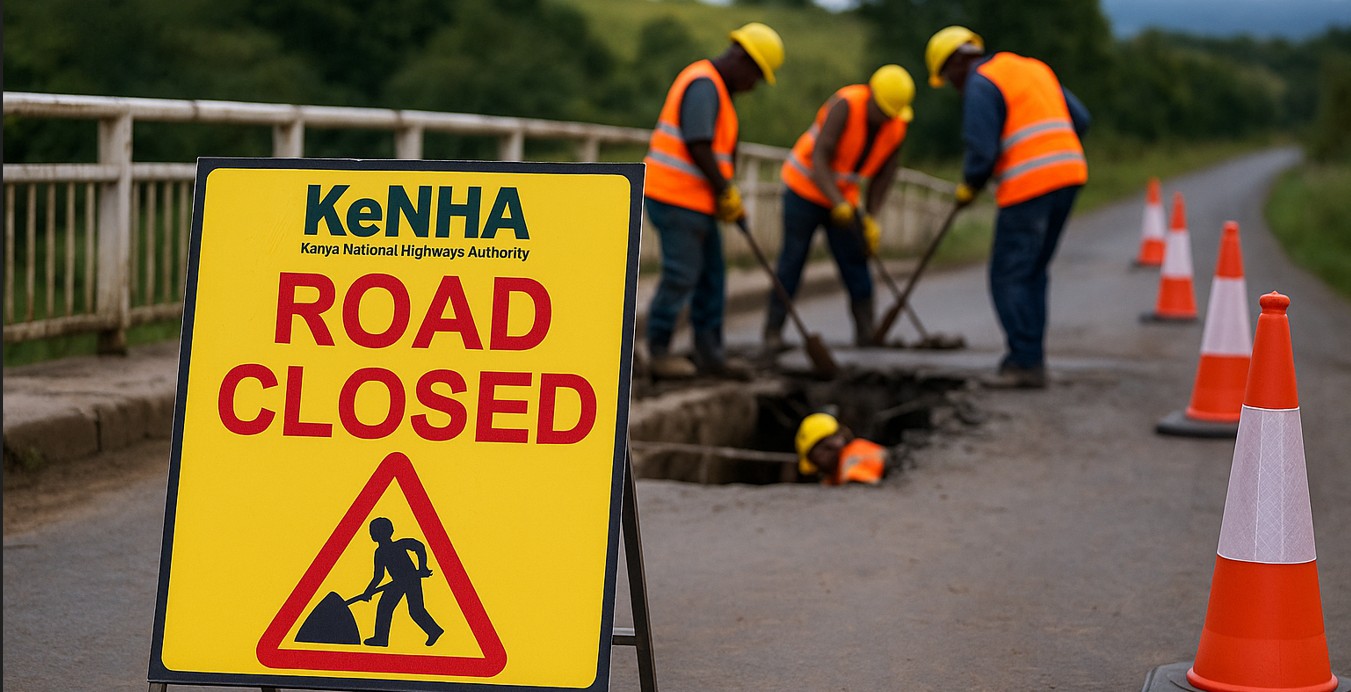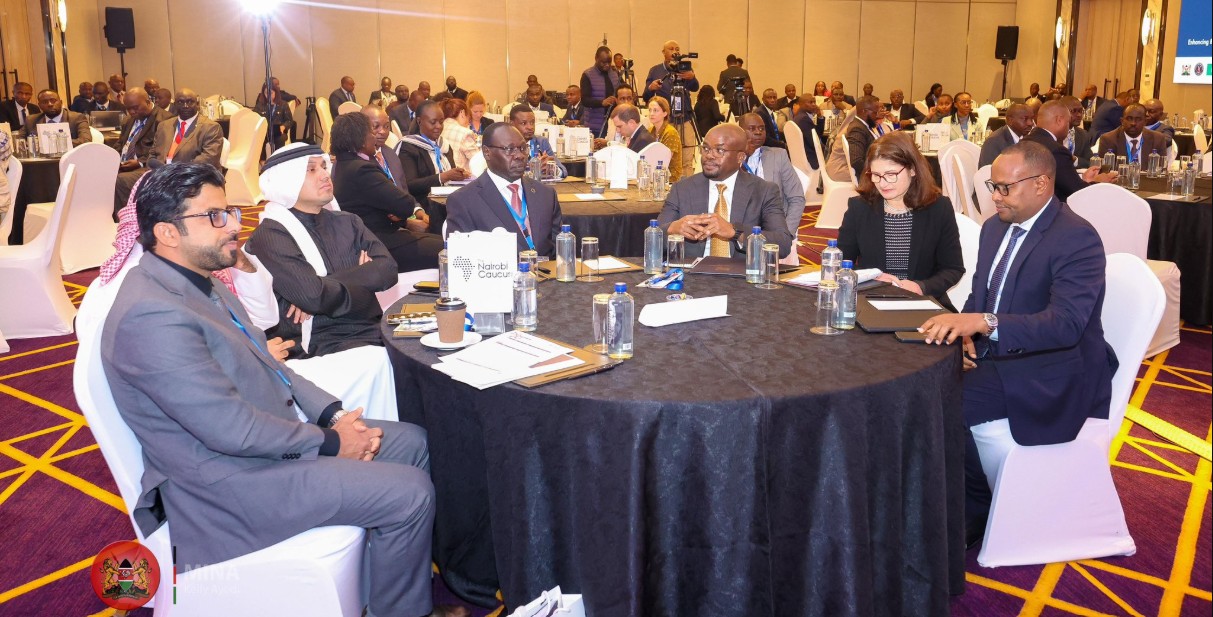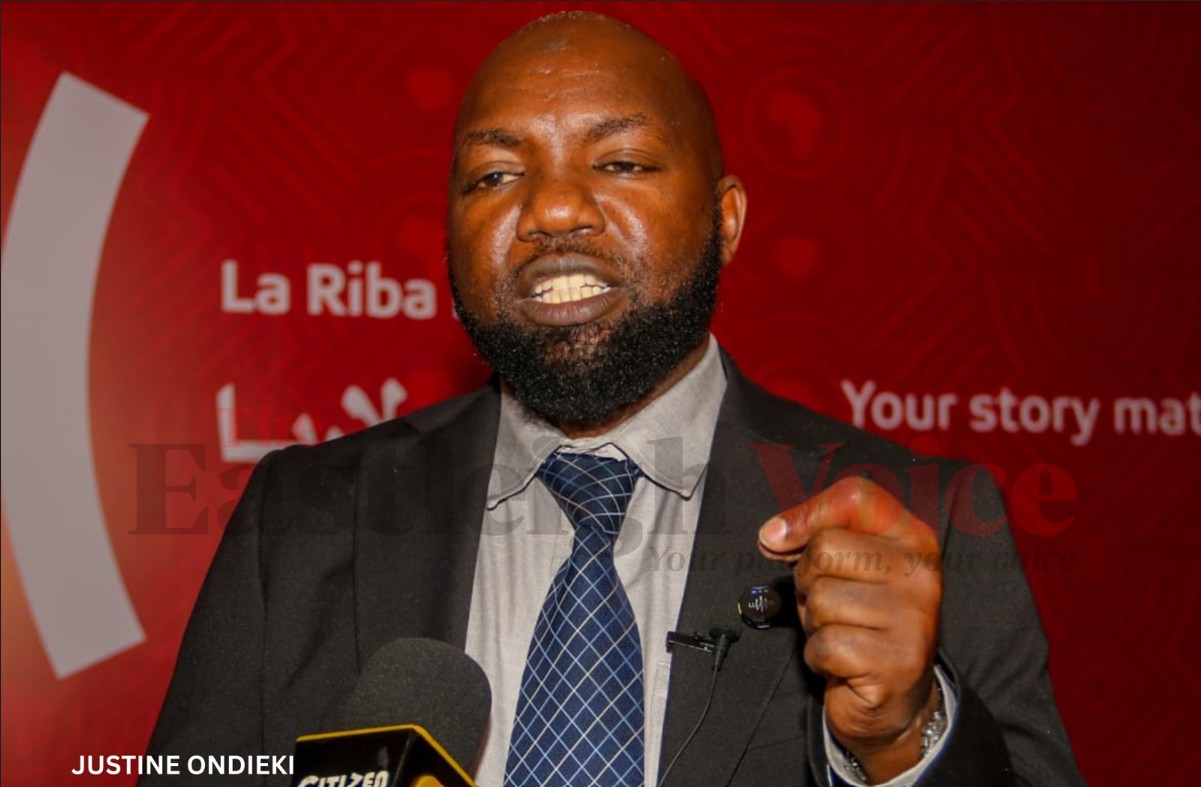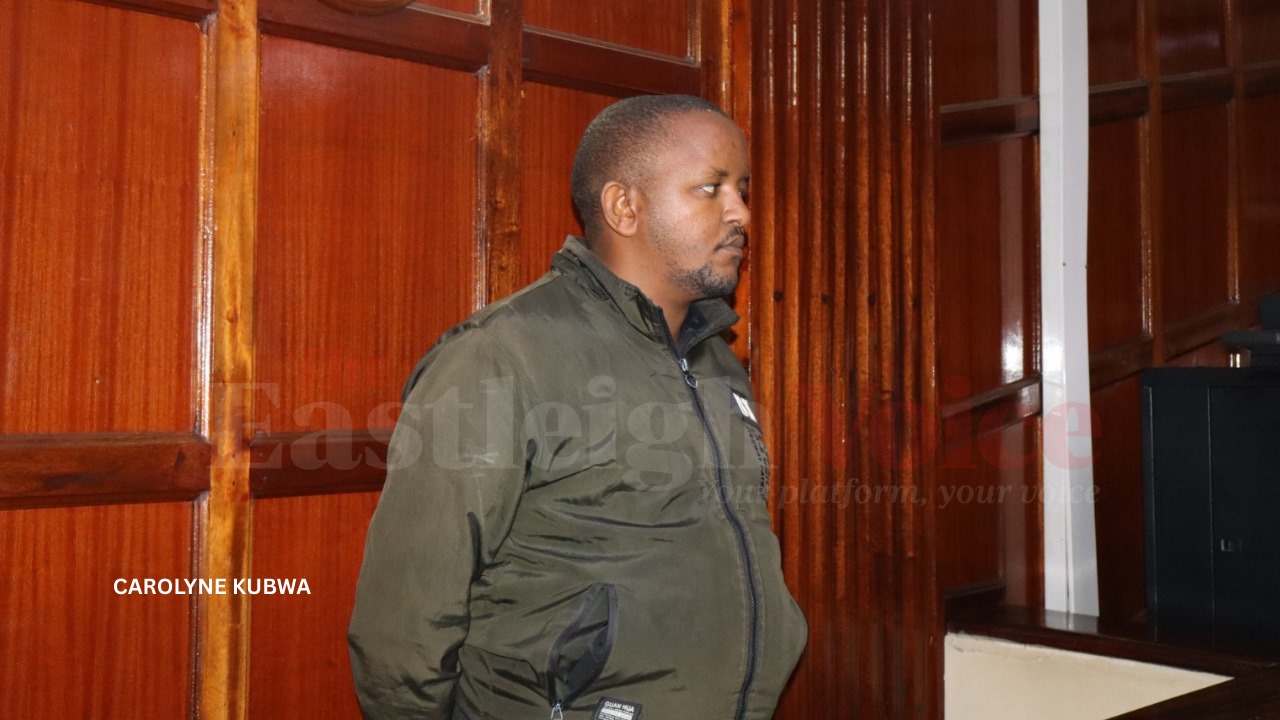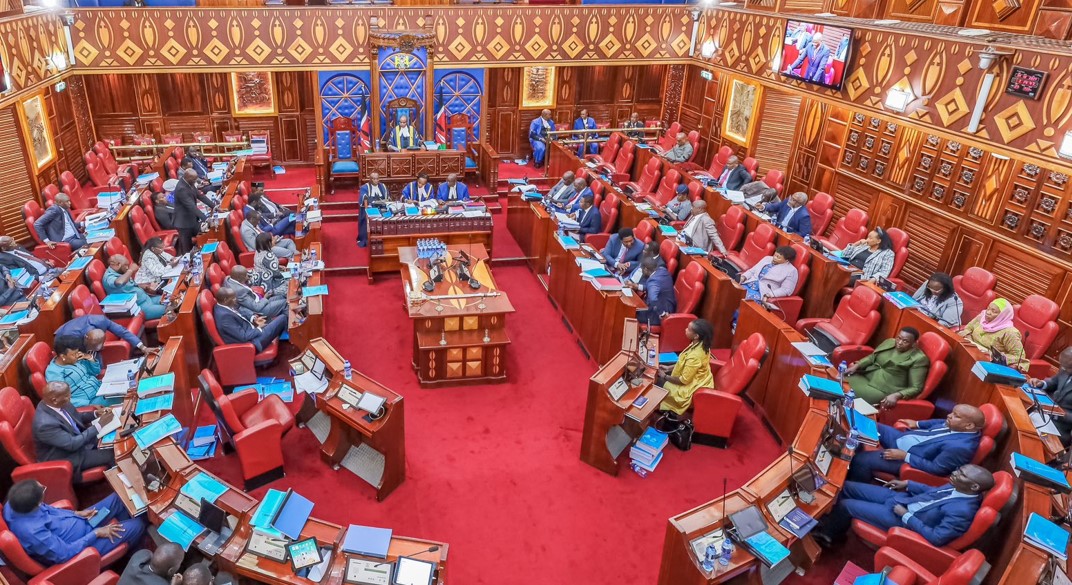Inside Mathare’s fight for justice: How youth are taking on police brutality, reclaiming dignity
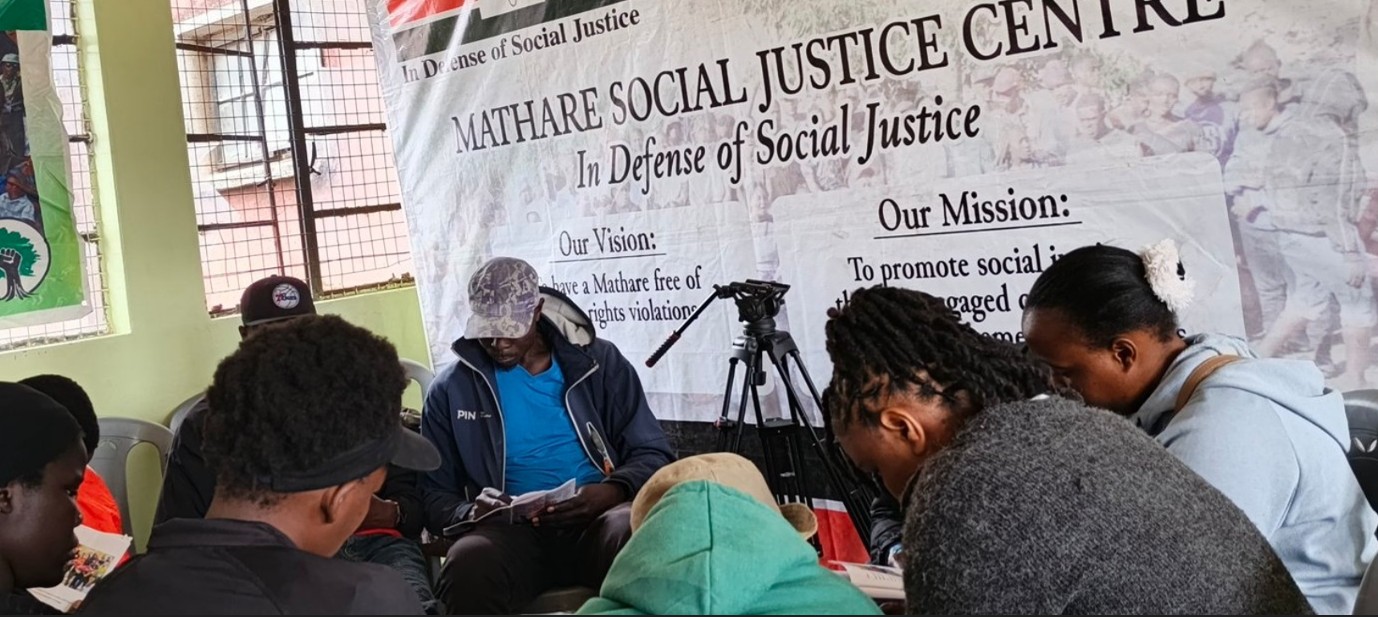
Founded in 2014 and registered as a community-based organisation a year later, the centre set out to challenge the normalisation of police killings in one of Kenya’s oldest informal settlements.
In Nairobi’s Mathare slums—long plagued by poverty, unemployment, and insecurity—a small group of young residents is rewriting the community’s story. For decades, Mathare has been a hotspot of police brutality, but residents have now organised to reclaim dignity and justice.
What began with a few volunteers documenting cases of police killings has grown into the Mathare Social Justice Centre (MSJC). This grassroots movement has given a voice to the voiceless.
More To Read
- Drugs, gangs, and land disputes are major threats to Kenya’s security -CS Murkomen
- Isiolo town on brink of chaos as armed groups roam freely - MP Mumina Bonaya
- MCA moves to enforce 2018 Nairobi law banning posters on poles, walls
- IGAD experts warn of policy gaps undermining Africa’s push to end hunger, poverty by 2025
- Government to build seven police stations in Tiaty, Baringo in bid to curb banditry
- Murkomen appoints new principal secretaries, regional commissioners
Founded in 2014 and registered as a community-based organisation a year later, the centre set out to challenge the normalisation of police killings in one of Kenya’s oldest informal settlements.
Co-founder Wanjira Wanjru says the cases had become overwhelming, yet easily dismissed.
“The first step we took was to conduct documentation of people who had been killed by the police in Mathare because, for a long time, it had been lacking. In the previous years, you would hear that five people had been killed in Mathare, and that's that. We felt the need to have an archive of victims to show who they were, what they were doing, and those they have left behind to show the impact of the killings on our community,” she recalls.
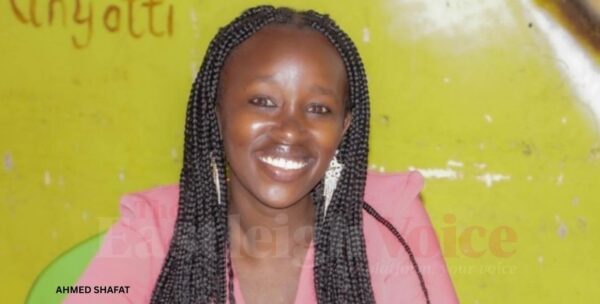 Mathare Social Justice Centre co-founder Wanjira Wanjru. (Photo: Ahmed Shafat)
Mathare Social Justice Centre co-founder Wanjira Wanjru. (Photo: Ahmed Shafat)
Police-linked killings
Speaking at the MSJC office along Juja Road, Wanjira explains that the centre was not born out of one incident, but from the rising trend of police-linked killings.
“We felt like, beyond individual human rights advocacy, we need to be organised around this as it had become a systemic issue. So, we said, 'Let's have a physical meeting space where we can gather to discuss how we challenge this,' and documentation was one of the ways to go about it. In 2017, we produced a report that had 803 killings in three years,” she says.
The documentation was built through testimonies of grieving mothers, widows, and families left behind. The findings eventually led to the creation of Missing Voices, a coalition of human rights organisations that continues to track police killings across Kenya.
“That report ignited a conversation around police killings that emerged like a silent killer that was not being highlighted enough,” she notes.
Still, the work was not without risks.
Many in the community had bought into police narratives that branded the deceased as criminals.
“Our lives were at risk because the main question the community was asking at the time was why we were defending thugs? But we insisted that, if someone is a criminal, they should be arrested and detained; why should they be killed? What are prisons for? We explained that we were in defence of life,” Wanjira recalls.
Police hostility was another major challenge. To protect themselves, MSJC often worked with Peace Brigades International, an NGO that accompanied activists to police stations.
“As a tactic, we would go with them to the police stations to report cases, because, by ourselves, we'd be treated differently. That way, the police got to understand our work and what social justice centres are really about. Some were in support of our work, others were not. For example, 'killer cop Rashid' who came to our centre at the height of his activities to intimidate us, for he knew we had information on him, and we were not afraid of calling him out,” she recalls.
Avenue for justice
Over time, the community embraced the centre, seeing it as a vital avenue for justice. Today, residents turn to MSJC not only for cases of police brutality but also for family disputes, sexual and gender-based violence, domestic workers’ rights, land injustices, and even disaster response.
“The majority of the cases reported to us involve arbitrary arrests, police brutality and killings, S/GBV, domestic workers' harassment in the Eastleigh area, that also triggered the formation of a network of 'Dobi women' who we train them on labour rights and have become human rights monitors on their own, we also receive land related cases, when for example chiefs connive with land grabbers to sell land illegally those affected report to us, when there were floods last year, we mobilized support for the community,” Wanjira explains.
During last year’s floods, MSJC organised relief efforts for displaced families.
“I'm glad we had a justice centre at that time because we really suffered, we felt neglected by the government, but we managed to mobilise support from Kenyans, from outside, and we got mattresses and other essential items, and even set up community kitchens in every ward that helped us feed thousands,” she says.
In-house lawyer
When residents file complaints at the centre, they fill out a form capturing key details. In cases of police brutality, victims are accompanied to the station by the centre’s in-house lawyer, Waringa Wahome.
“That has been very important because when you go to a station with a lawyer, you are treated very differently. We are looking to grow the legal empowerment network to have more lawyers,” Wanjira says.
She warns that the closure of justice centres would be devastating.
“Justice centres have become a hub for communities to get justice, for them to learn their rights, and for them to get help. Here we do more because we have a book club where kids come to read, learn and do their homework when there's no electricity at home. Some learn dancing. Every community should have its justice centre, it's a safety net for them.”
MSJC operates under the pillars of courage, solidarity, human rights, and social justice. It also runs an anti-drug campaign in Mathare, where narcotics are openly sold.
Campaign against drugs
“We also have a campaign against drugs and substance abuse in Mathare, where they are sold like tomatoes in a place called Nigeria. We know these drugs are sourced elsewhere, so who brings them here? While we understand that it's poverty that pushes some to the drugs business and crime, we still reach out to them because we know there are alternatives to economic empowerment.”
One of MSJC’s proudest achievements has been inspiring the growth of Kenya’s wider social justice movement.
“One of the major successes of the centre has been building grassroots networks that help people fight for their rights, as well as the emergence of the social justice movement in Kenya. What began as a small CBO in Mathare is now spread as far as Turkana, Kajiado. In Nairobi, you will find 21 justice centres in all Ghettos, so I think this is a beautiful success because all these centres are in service to their communities, they are trying their best with their minimal resources,” Wanjira says.
Despite its prominence, the centre still struggles with resources and operates from a rented office.
“We want to shift from lamenting to working towards solutions to our systemic problems, because we have analysed and dissected our problems too much; we know what our problems are, now can we work towards the solutions?” she poses.
For Wanjira, the fight for justice is also political. She has announced plans to run for the Mathare Constituency seat in 2027.
“I was born here in this community, I have lived the hardships of Mathare and growing up—imagine the realisation that all this was manmade? That it would have been better. That is just systemic corruption. We have to change that!” she concludes.
Top Stories Today
